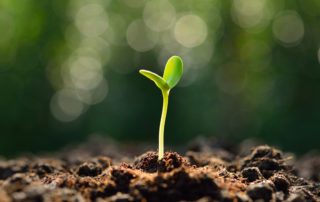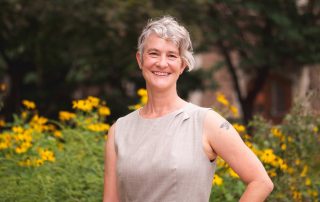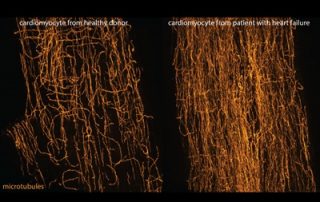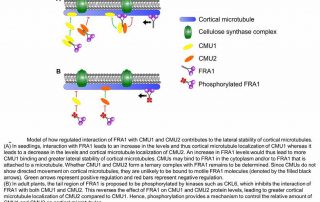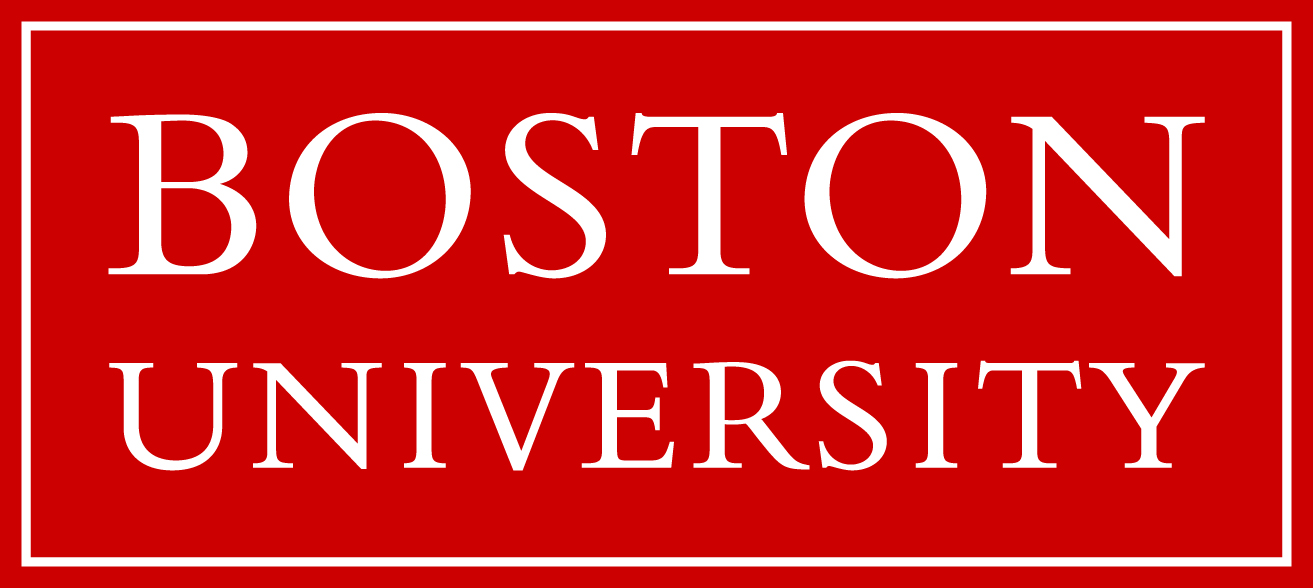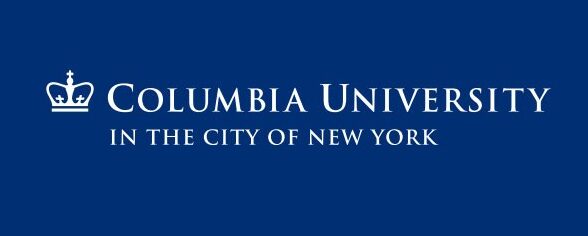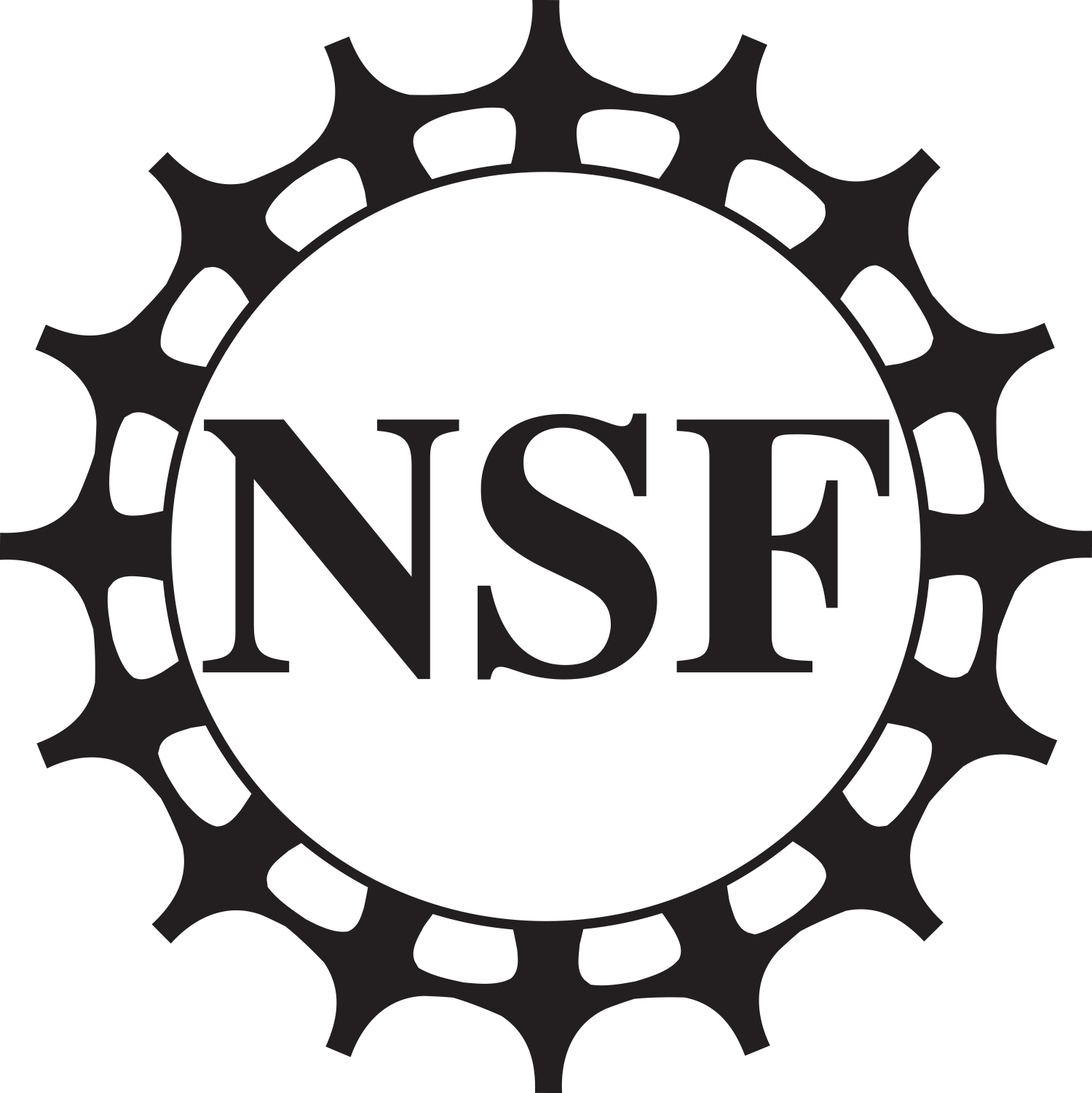First artificial scaffolds for studying plant cell growth
CEMB researchers have developed the first artificial scaffold to study plant cell growth. The scaffolds, made of polyvinylidene fluoride-trifluoroethylene copolymers, mimic the properties and structure of the plant’s cell wall and make it possible ...
Ram Dixit awarded $2M NIH grant to study dynamics of intracellular scaffolds
Biologist Ram Dixit in the Biology Department at Washington University in St. Louis has been awarded $2 million by the National Institutes of Health to help uncover the mechanisms underlying the dynamics, spatial organization and ...
Center for Engineering MechanoBiology Team Uses Magnetic Fields to Regrow Cartilage
Robert Mauck and Xuemei Cheng have collaborated on a recent study published in Advanced Materials that demonstrates how magnetic fields and hydrogels can grow new joint cartilage. The technique produces cartilage tissue that bonds with bone and may lead ...
When It Rains … It Swells
Elizabeth Haswell, PhD and professor of biology at Washington University in St. Louis and postdoctoral research scholar, Dabarati Basu have discovered the mechanosensitive ion channels in the plant’s cells that respond to swelling by ...
Ben Prosser to Co-Lead $6.5 Million Transatlantic Grant to Investigate Cytoskeleton’s Role in Heart Disease
Benjamin L. Prosser, PhD, an assistant professor of Physiology in the Perelman School of Medicine at the University of Pennsylvania, will serve as the North American coordinator for a new, multi-institutional $6.5 million grant from ...
Motor proteins create more stable tracks to deliver much-needed materials in plant cells
From WashU's, The Source. June 2, 2020. As a plant grows, it moves cellular material from its version of manufacturing sites to the cell wall construction zone. Transporter proteins, called motor proteins, are ...

